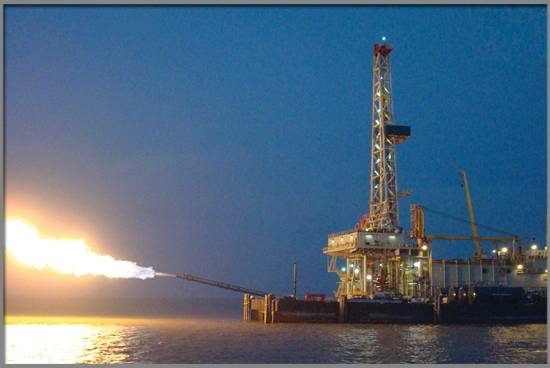Executive Secretary of Nigerian Content Development and Monitoring Board (NCDMB), Simbi Wabote has stated that there is a need for stakeholders to intensify efforts to improve quality petroleum education and competent manpower.
He said these steps will help Nigeria meet the challenges of the ongoing energy transition and expected boom in the gas sector.
According to a statement issued by NCDMB’s corporate communications department, Wabote gave the advice in the convocation lecture he delivered on Friday at the Federal University of Petroleum Resources (FUPRE) Effurun, Delta State,
Speaking on the topic, ‘Defining the Value of Local Content in Petroleum Education’, he said the western nations had shifted attention from oil and gas and focused on provision of funding, manufacturing of equipment, and development of supply chain to support renewable energy sources.
This, he said, has made it essential that Nigeria and other hydrocarbon-rich countries develop the requisite capacity and capability to produce and utilise fossil fuel resources.
Wabote said the ongoing debate and deadlines being set for energy transition underscored the need to develop home-grown skill sets to develop and manage the nation’s natural resources.
“The narrative around energy transition has further revealed the need to ensure that there is a direct link between our petroleum education and the development and utilisation of our hydrocarbon resources, so we are able to deal with any outcome of the transition,” he said.
The NCDMB boss charged educational institutions in Nigeria to prepare for the opportunities and challenges of energy transition and gas revolution by preparing a robust curriculum in petroleum education with the mindset of enabling Nigerians to develop and utilise the country’s hydrocarbon resources using home-grown technology.
He said the institutions should put greater focus on development of top-notch graduates to enable the development of Nigerian hydrocarbon resources – especially gas.
Commenting on the Petroleum Industry Act 2021 and the Decade of Gas initiative, Wabote said those developments would not only engender investments and utilisation of the nation’s estimated 600 trillion cubic feet of gas reserves, but also lead to a boom in the gas sector, which would benefit discerning institutions, investors, operators, and service providers.
He added that “these scenarios require a robust petroleum education sector to ensure that our in-country skill sets are available and sufficient to support the exploration, development, production, and processing of hydrocarbon resources”.










Discussion about this post